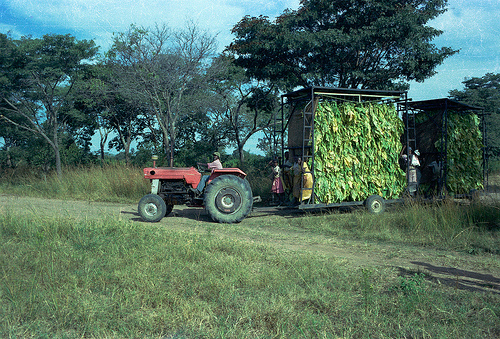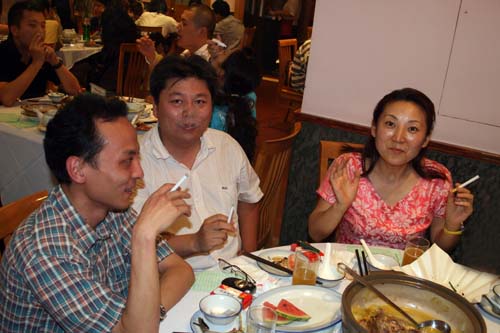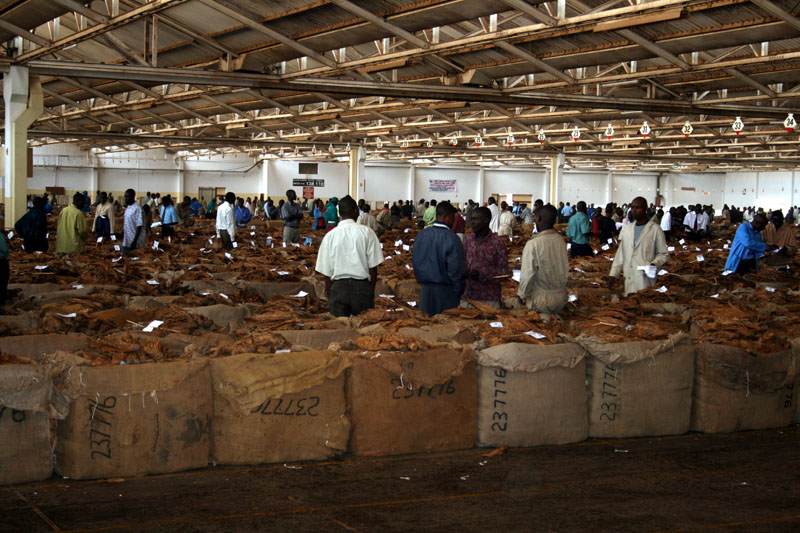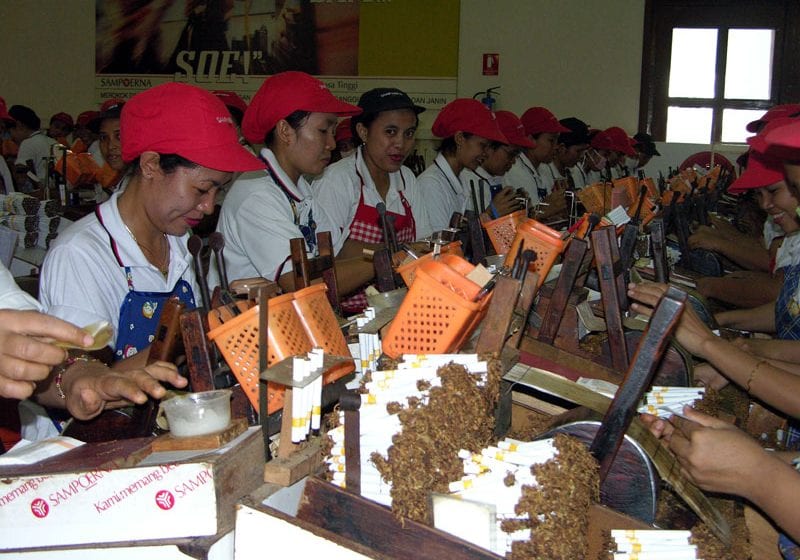The government of Zimbabwe should create a bank to provide financial support for tobacco growers and eliminate contract farming, according to a NewsDay story quoting the executive director of the Tobacco Industry Development Support Institute for Southern Africa (TIDSI), Jeffrey Takawira.
Although tobacco was one of the country’s biggest foreign currency earners and contributed at least 10 percent to its gross domestic product, most tobacco growers remained poor and faced financial challenges annually, Takawira said.
One of the growers’ major complaints was pricing, but they were concerned also about the lack of government policies in respect of support systems.
Takawira reportedly told NewsDay in emailed responses that there was a need for the government to establish a special bank to support tobacco farming and eliminate contract farming.
‘Failure by farmers to access cash at the banks erodes confidence in the financial services sector,’ Takawira said. ‘The governor of the Reserve Bank of Zimbabwe, John Mangudya, is on record revealing that there has been a marked improvement in foreign currency inflows into the country driven by agriculture and mining.
“So what boggles the mind is why then should farmers fail to access their cash. Where is the money? [As] the Tobacco Industry Development Support Institute for Southern Africa, we advance the idea of a tobacco bank.’
The Parliamentary Portfolio Committee on Agriculture is said to have conducted a fact-finding tour of the challenges facing the tobacco auction floors, but it has not yet reported in full.










